Sometimes your biggest bully is you
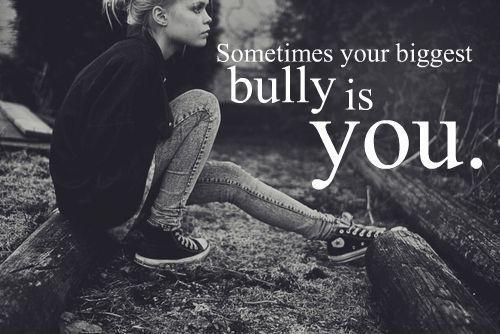
Sometimes your biggest bully is you
Bullying is a pervasive issue that affects individuals of all ages, backgrounds, and walks of life. While we often think of bullies as external forces, such as peers, family members, or colleagues, it is important to recognize that sometimes the biggest bully in our lives is ourselves.Self-bullying, also known as self-criticism or negative self-talk, can have a profound impact on our mental health and well-being. When we constantly berate ourselves, doubt our abilities, or compare ourselves unfavorably to others, we are engaging in self-bullying behavior. This can lead to feelings of inadequacy, low self-esteem, and even depression.
One of the reasons why self-bullying is so insidious is that it can be difficult to recognize. We may not even realize that the negative thoughts and beliefs we hold about ourselves are a form of bullying. Instead, we may internalize these harmful messages and believe that we are not worthy of love, success, or happiness.
Self-bullying can manifest in a variety of ways. For some, it may take the form of perfectionism, where we set impossibly high standards for ourselves and then beat ourselves up when we inevitably fall short. For others, it may involve constantly comparing ourselves to others and feeling inadequate as a result. Regardless of the specific form it takes, self-bullying can have a detrimental impact on our mental health and overall well-being.
Overcoming self-bullying requires self-awareness, self-compassion, and a willingness to challenge our negative beliefs about ourselves. It is important to recognize that we are not defined by our mistakes or shortcomings, and that we are deserving of love and acceptance just as we are. By practicing self-care, setting realistic goals, and surrounding ourselves with supportive and positive influences, we can begin to break free from the cycle of self-bullying and cultivate a healthier relationship with ourselves.
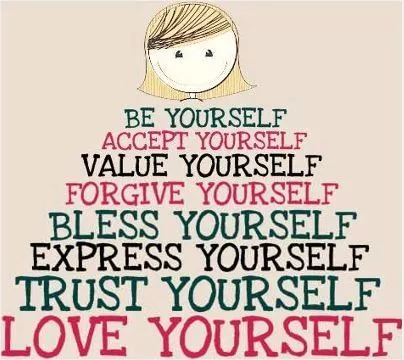




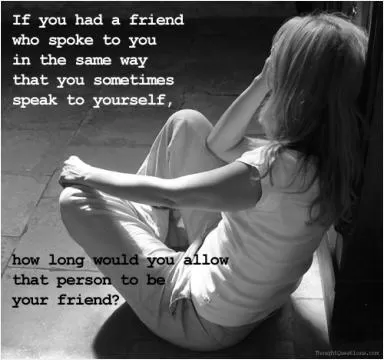
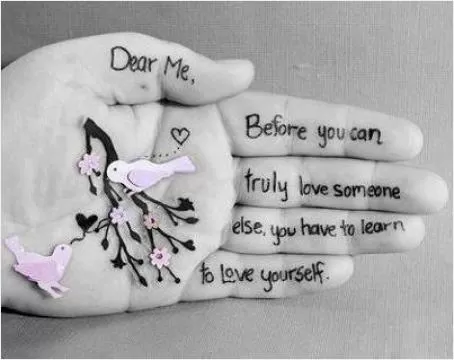

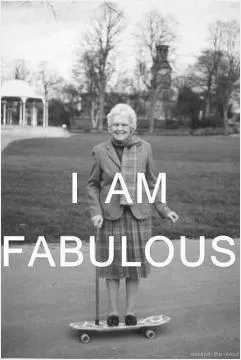



 Friendship Quotes
Friendship Quotes Love Quotes
Love Quotes Life Quotes
Life Quotes Funny Quotes
Funny Quotes Motivational Quotes
Motivational Quotes Inspirational Quotes
Inspirational Quotes